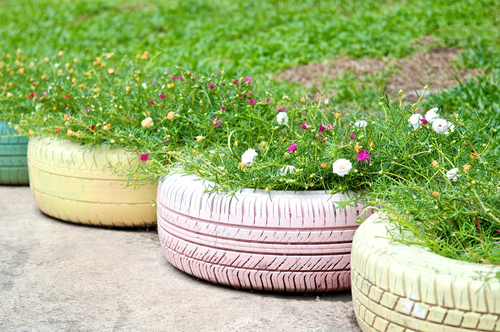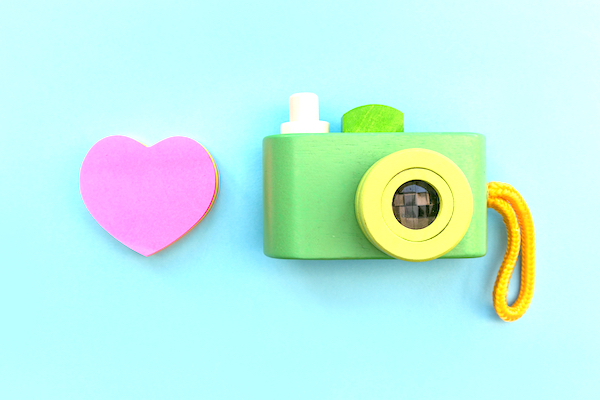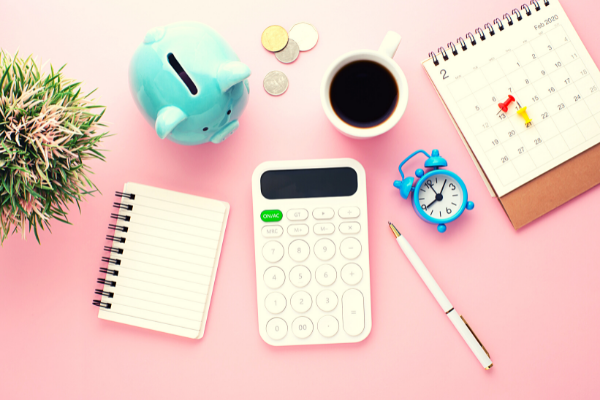Recently, while down at the skate park watching my child and his friends perfecting dips into the bowl, something occurred to me. It struck me how much “practice makes perfect”. Then, as I watched my son flick his scooter up and then tread on it while it was still floating in the sky, I got thinking about “practice makes perfect” in terms of my own life, budgeting and money.
Today, I’m delivering tips on the best ways to save and budget your money. Also learn how to get really good at it through daily practice.
Piggy bank
This idea might seem like one of the most old-fashioned and simple ways to budget money and that’s because it is. Think about all the spare change you drag around in clothes, your car and at the bottom of a handbag and you will start to understand the amount of cash that could be hanging out right in front of you.
Instead of making a habit (which we all do) of spending cash frivolously on things like parking, lollies or a morning coffee – consider putting this cash in a piggy bank.
Here are some good things that can happen:
- Your children will want to copy what you are doing
- They will also start thinking about saving and ask for a piggy too
- You will actually save up cash and shortly have a small ‘emergency fund’
- When the piggy is full, you can take the cash to a fancy counting machine at the bank
- By Christmas you’ll be able to pay for Christmas or a holiday
Now that is a win-win.
The Piggy is powerful indeed. Tip: Be sure to give your piggy a name like ‘Bob.’ Just to make saving more fun for the kids. Afterall, Bob will become a very good friend of the family.
Rinse and repeat: Fill the piggy. Get richer.
Direct debit it out of your bank
Most people think of banks in terms of putting money in and taking money out. But how about moving money between banks? Like in a happy little money-making dance.
Set up a direct debit at a bank not connected to your main accounts. (I like uBank for the categories I can set up.) Now set and forget an amount of money each week. For example, put away $50 a week and then forget that you ever did that.
If you do this for an entire year without thinking about it, you will save a total of $3000. Now this sure sounds like a holiday away, more money in the emergency fund or more in the kitty for that home deposit.
Put your money into something
You could always put your money into something. For example, think about doing a home renovation just like we’ve been doing all year.
Home renovations are fantastic because you have so little money left after renovating that you will actually not have any cash to waste. I’m not joking. This happened to us.
Here’s a hypothetical scenario that demonstrates this point:
- Johnny and Sandra spent $30,000 on a home renovation over three years
- They also saved $50,000 on the renovation by being patient and buying everything secondhand on places like eBay and Gumtree.
- So in total they’ve really done an $80,000 renovation for less
- This has added capital value to their house of over $150,000 (conservative)
- In the meantime property has gone up and their house’s value has gone from $400,000 to approximately $600,000 without the renovation
- If the house now went to auction, with those capital improvements made, it would be worth $750,000 because there is also sub dividable land at the back.
- This means if they sold their house today, they would have made a total of $350,000 for the small investment of their initial $30,000 over a three-year period.
They’ve always thought of renovating as ‘forced savings.’ But as you can see the benefits of ‘putting money into something’ are much more lucrative than the initial humble goal of ‘putting money into something’ in the first place. This isn’t rocket science. There’s a reason pretty much everyone wants to get into the real estate game. Firstly, it’s fun. Secondly, it beats working for the same money.
NOTE: Don’t put your money into cars (new) and material items that lose value the minute you purchase them unless you are in business and they are a good tax deduction. Speak with your accountant or educate yourself on the best purchases for your situation.
Tips:
- Know your stuff
- Be humble and patient
- Don’t try to keep up with the Joneses
- Buy only what you can afford
- If you have to put it on hire purchase you can’t afford it
Set up categories for keeping a budget
Consider setting up categories for a budget and then keeping a close eye on that financial plan. I use PocketSmith.com because this dashboard makes it very easy for me to forecast our money and allows me to setup categories for each budgeted area of our lives, businesses and properties.
The great thing about PocketSmith is the system will actually tell me what I’ve spent against my budget or how much money I’ve got left in my budget. It will do this on a daily basis, in a graph and I can get a snapshot any time of the day via live feeds. As a result – I know where my money is and what is happening to it at all times. The calendar feature is especially great for seeing the overall picture for the month. I highly recommend this tool.
Other similar tools can be found at sites like Pocketbook.com. I also like this tool because it sends me daily notifications. Once set up you can set and forget it. I suggest trying both these tools and seeing what works best for your situation.
If you learn how to track your money daily using the right tools, soon enough you’ll be saving and making money fast.


 YOU
YOU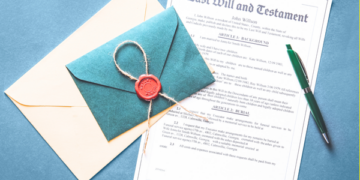




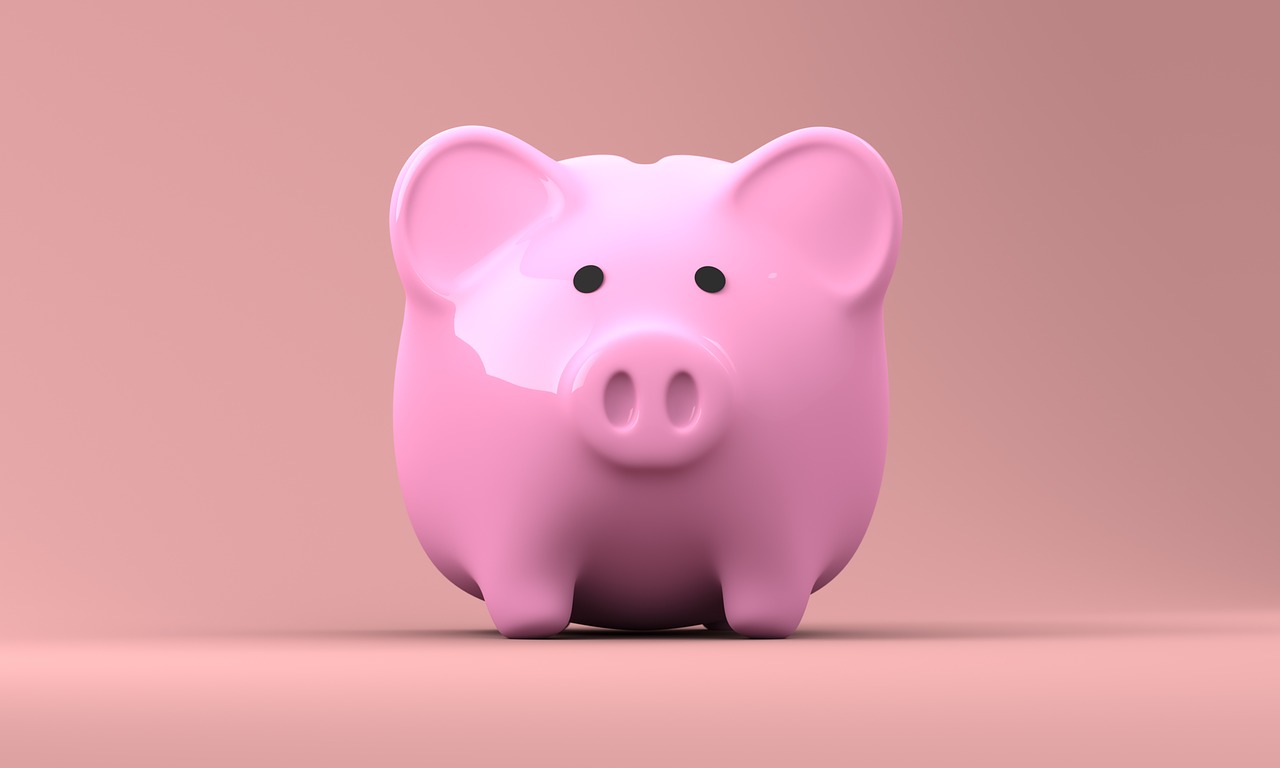
 Money
Money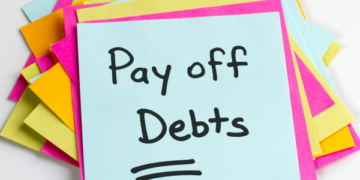



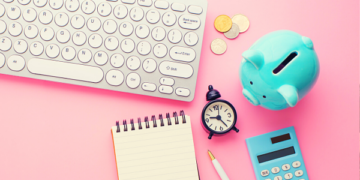

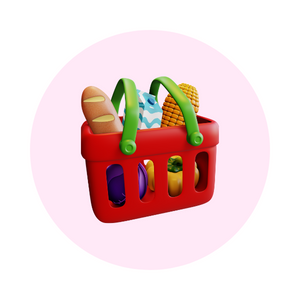 FOOD
FOOD
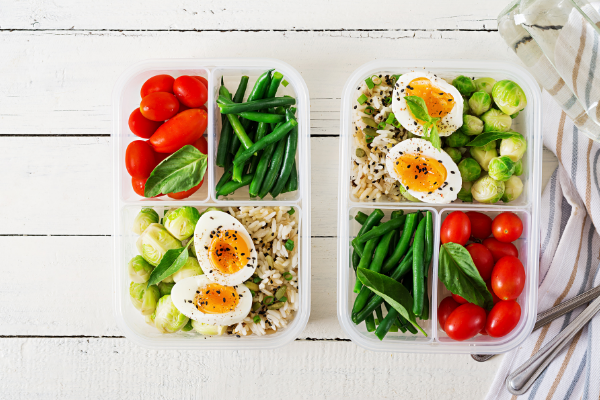




 FAMILY LIFE
FAMILY LIFE




 HOME & GARDEN
HOME & GARDEN




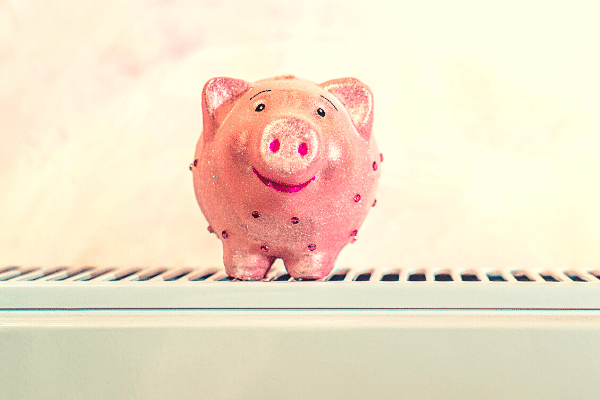
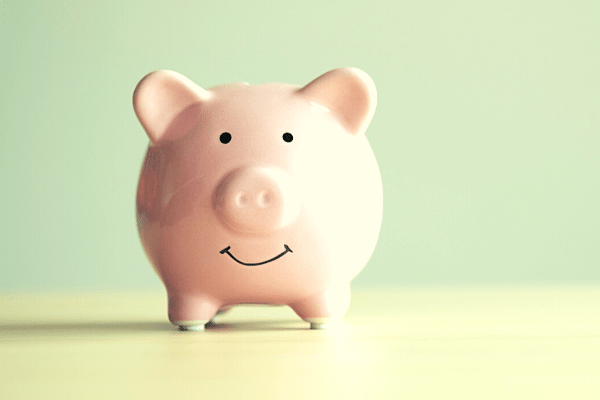

 ORGANISE
ORGANISE

 EVENTS
EVENTS





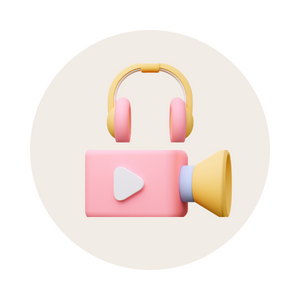 LIFESTYLE
LIFESTYLE

